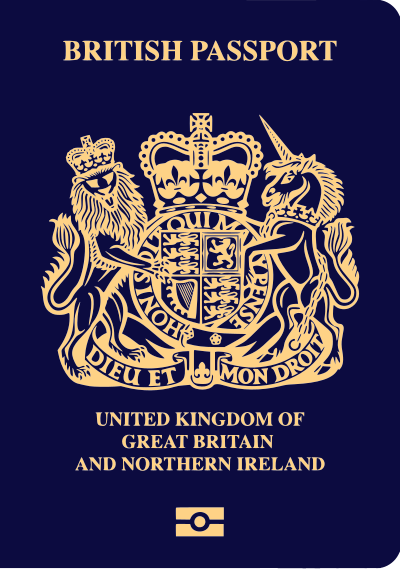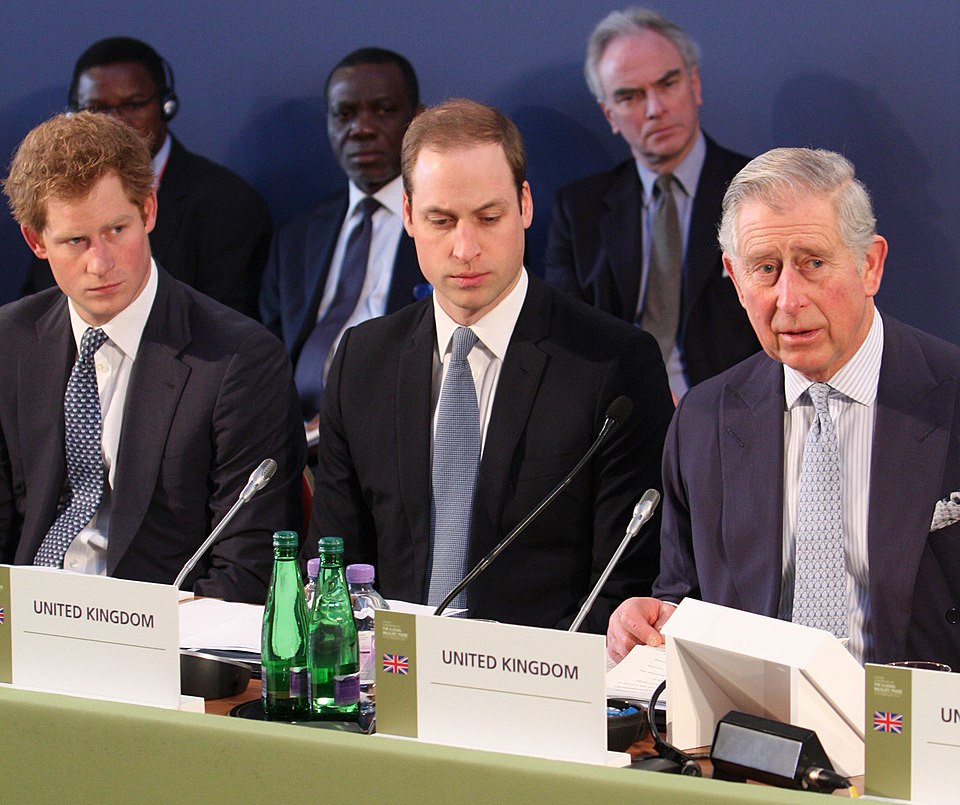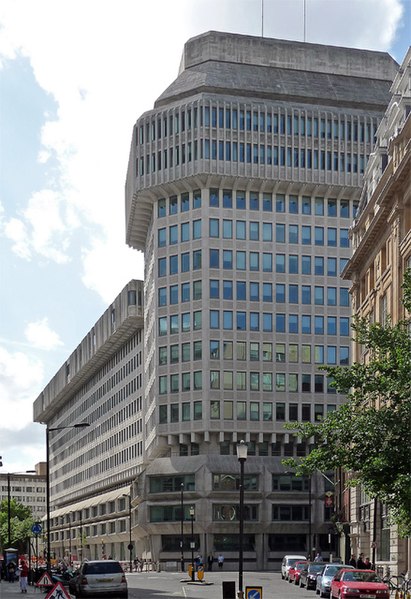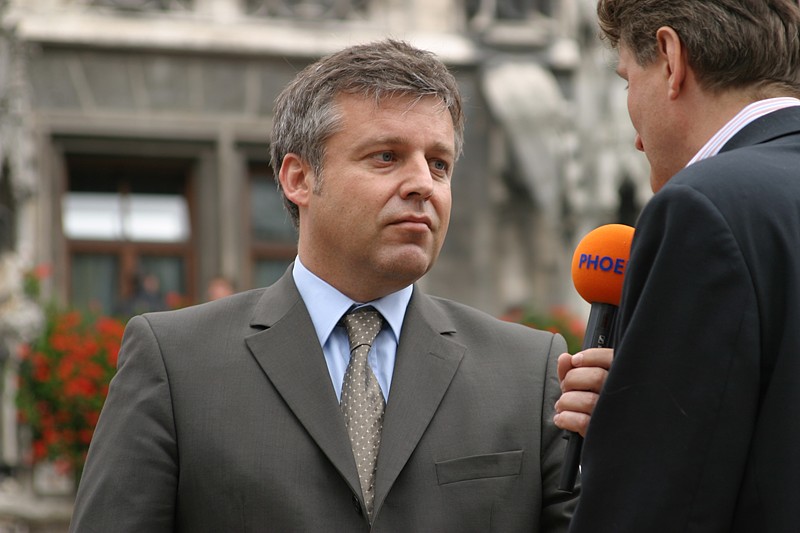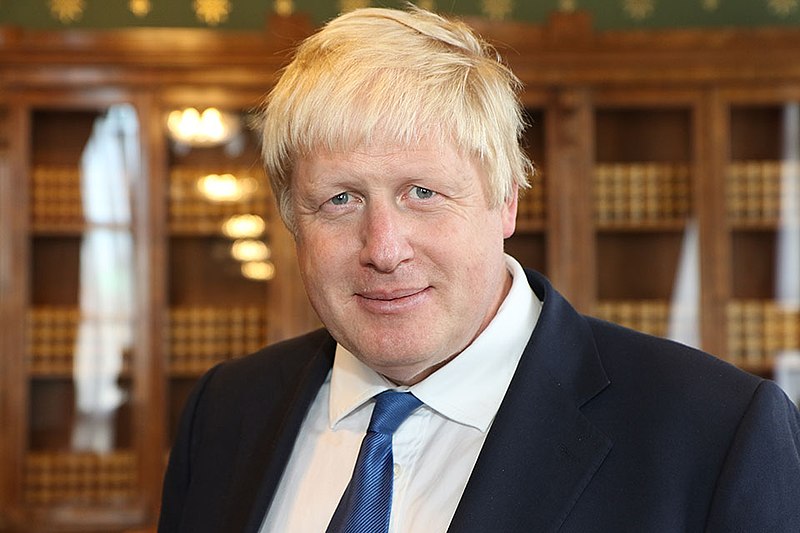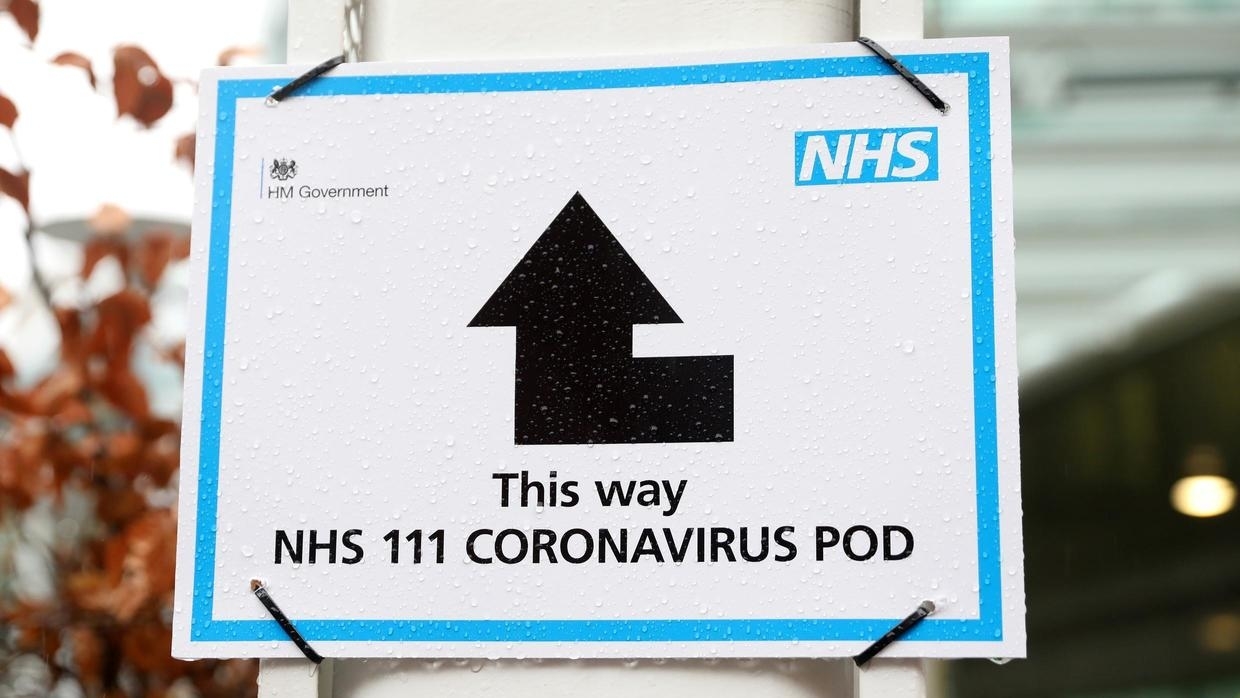
The UK government has taken decisive action to address the growing threat posed by synthetic opioids by imposing stringent controls on fifteen additional substances, including fourteen
nitazenes, under the Misuse of Drugs Act 1971. These measures aim to prevent drug-related fatalities and ensure severe penalties for those involved in their production and distribution.
These newly controlled synthetic opioids are known to be highly addictive and present a heightened risk of accidental overdose, a problem prevalent in other countries. By subjecting them to the strictest controls, the government aims to send a clear message that peddling these dangerous substances will result in severe legal consequences, including potential life imprisonment and unlimited fines.
Home Secretary James Cleverly emphasized the government's vigilance against synthetic drugs, highlighting efforts to keep them off the streets. While acknowledging that the quantities of synthetic opioids reaching the UK remain relatively low compared to other nations, he stressed the need for continued action to combat their proliferation.
Crime and Policing Minister Chris Philp echoed these sentiments, underscoring the toxicity of synthetic opioids and the government's determination to prevent their spread in UK communities. Philp outlined a multifaceted strategy, targeting criminal networks involved in drug trafficking while bolstering treatment and prevention efforts.
The UK is enhancing its surveillance capabilities and early warning systems to swiftly respond to the detection of dangerous narcotics. This includes advanced monitoring techniques such as analyzing wastewater and monitoring overdose spikes in specific areas. These findings will be shared with law enforcement and public health agencies to facilitate rapid intervention.
At the international level, the UK is collaborating with the US and other allies to address the synthetic opioid threat. The government has committed to supporting the UN's early warning advisory system and has joined the US-led Global Coalition to Address Synthetic Drugs.
In addition to the fifteen newly controlled synthetic opioids, the UK has also banned five other substances, including stimulants and synthetic cannabinoids. These measures align with the government's broader ten-year Drug Strategy, which includes substantial investment in treatment and recovery services to combat drug abuse and related criminal activity.
Through a combination of robust legislative measures, enhanced surveillance capabilities, and international cooperation, the UK aims to stem the tide of synthetic opioids and protect its communities from their devastating impact. Photo by NEUROtiker, Wikimedia commons.
